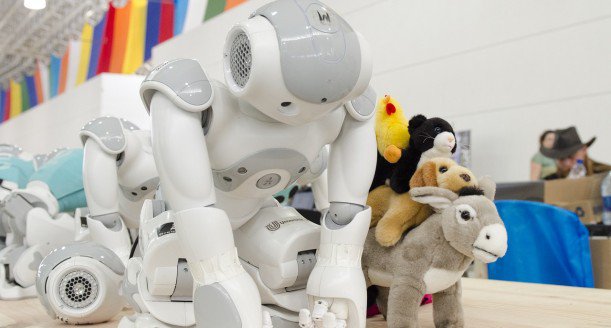Movements, is a website that seeks to crowdsource human rights activism over the whole world, by connecting local activists with an international body of volunteers who can aid them with their specific skills. US senators Marco Rubio and Mark Kirk for instance offered to bring untold right violations to the attention of the US senate.
It seems what is most needed are people with (social) media connections who are willing to bring stories of human right violations to their audience, and people who can help built webpages.
This is great initiative in my opinion that shows the way technology can empower oppressed individuals, and connect the peoples of the world. Various companies have contributed to built their website, and ensure the privacy of the users.
Have a look if you, or someone you know, can directly help someone through Movements.org!
For more info, here is an interview by Sam Harris with the director of the institute that is behind this website: David Keyes, of Advancing Human Rights.


